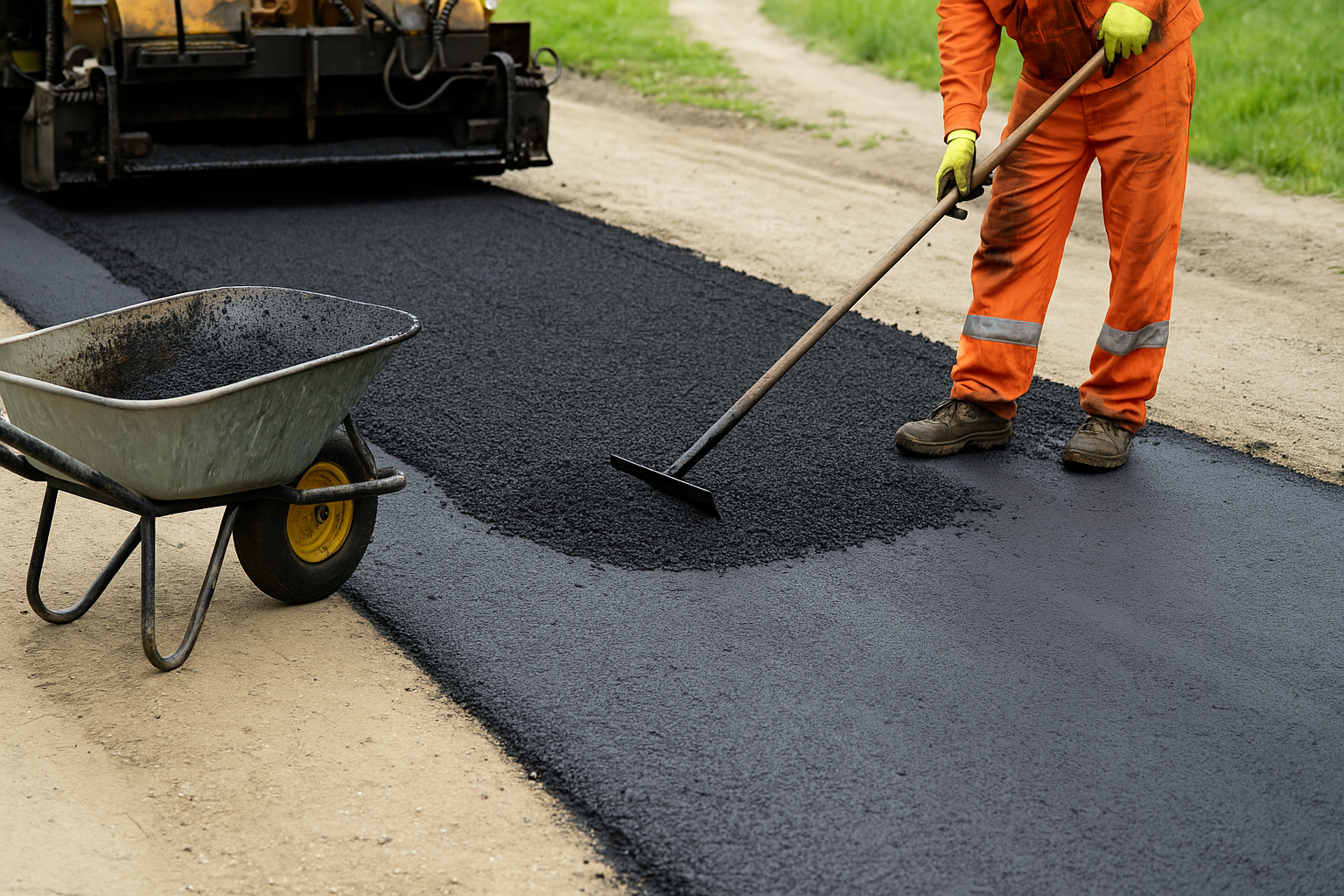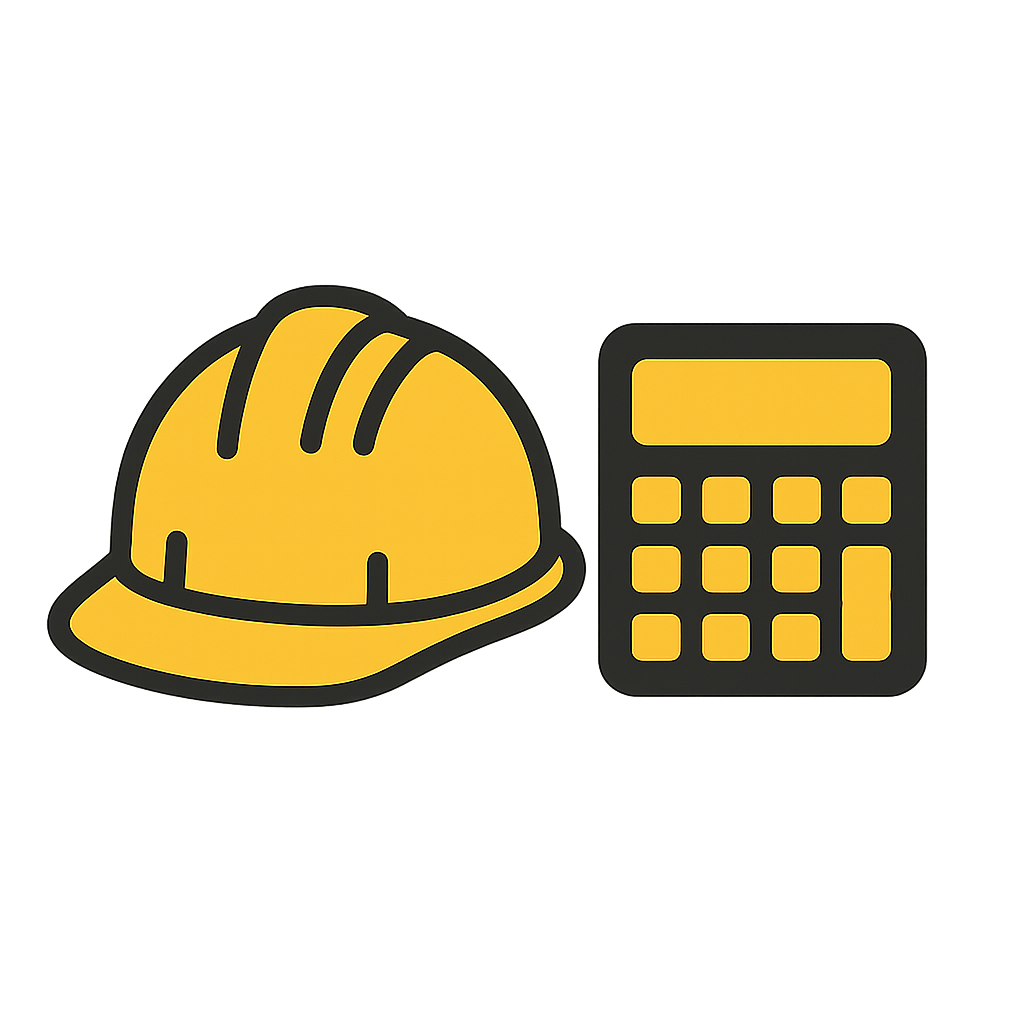Cost Breakdown
Understanding Asphalt Price Estimates
Estimating the cost of an asphalt project goes beyond just calculating material quantities. This comprehensive guide breaks down all the factors that influence asphalt pricing, helping you budget confidently, negotiate effectively with contractors, and avoid unexpected expenses that can derail your project.

Key Components of Asphalt Pricing
On average, asphalt costs between $100 and $200 per ton installed. However, the final price depends on several interconnected factors that vary by location, project specifications, and current market conditions:
- Material cost: Based on tonnage, thickness, and type of asphalt mix. Premium mixes with enhanced durability or specialized performance characteristics can cost 15-30% more than standard mixes.
- Labor: Typically accounts for 40-50% of total project cost. This includes site preparation, base installation, asphalt laying, compaction, and final clean-up. Skilled labor ensures proper installation that maximizes pavement life.
- Delivery fees: Can add $100-$500 depending on distance from the asphalt plant. Hot mix asphalt must be transported and installed while still hot, making proximity to the plant a significant cost factor.
- Equipment usage: Specialized machinery like pavers, rollers, and trucks require significant investment. Equipment costs are typically built into contractor pricing at 10-15% of the total.
- Site preparation: Proper drainage, grading, and base preparation are essential for long-lasting asphalt. These preparatory steps can represent 20-30% of your total project cost but are critical for performance.
- Local market conditions: Supply/demand dynamics, fuel costs, and regional economic factors can cause price variations of 10-25% between different locations.
- Project size: Larger projects typically benefit from economies of scale, with per-ton costs decreasing as project size increases. Small projects under 500 square feet may incur minimum charges.
Seasonal Price Variations
Asphalt prices typically fluctuate throughout the year. Late spring through early fall is peak paving season in most regions, which can lead to higher prices due to increased demand. Winter installations, where possible, might offer discounts of 10-15%, but come with weather-related challenges that can affect quality.
Estimating Total Project Cost
To calculate a reliable estimate for your asphalt project, follow this step-by-step approach:
- Calculate the area to be paved in square feet (length × width)
- Determine the appropriate depth based on the intended use (see this depth guide)
- Convert to tons using the formula: (Area × Depth in feet × 145) ÷ 2000
- Multiply tonnage by current local price per ton
- Add estimated labor, delivery, and site preparation costs
Example Calculation:
For a 2,000 square foot driveway at 3 inches (0.25 feet) depth:
- Tonnage: (2,000 × 0.25 × 145) ÷ 2000 = 36.25 tons
- Material cost at $120/ton: 36.25 × $120 = $4,350
- Labor and equipment (estimated at 45% of material): $4,350 × 0.45 = $1,958
- Site preparation and base work: $1,500
- Delivery: $300
- Total project estimate: $8,108
Cost-Saving Strategies
While quality shouldn't be compromised, there are legitimate ways to reduce your asphalt project costs:
- Schedule during off-peak seasons when contractors may offer discounts
- Combine your project with neighbors to increase volume and reduce per-ton costs
- Ensure proper maintenance of existing asphalt to extend its lifespan
- Consider recycled asphalt products for certain applications
- Get multiple detailed quotes from reputable contractors
- Variable pricing. Asphalt prices fluctuate based on oil prices and seasonality—always get updated local quotes before finalizing your budget. Prices can vary by as much as 20% throughout the year.
- Smart tools. Use the project cost calculator to factor in all variables specific to your location and project requirements.
- Compare options. Read this asphalt vs. concrete guide if you're weighing different paving materials for your project.
Once you've estimated cost per ton and total material needs, use the asphalt calculator for precise tonnage calculations based on your project's specific dimensions and requirements. For additional insights on avoiding common estimation errors, check this guide on estimation mistakes.
